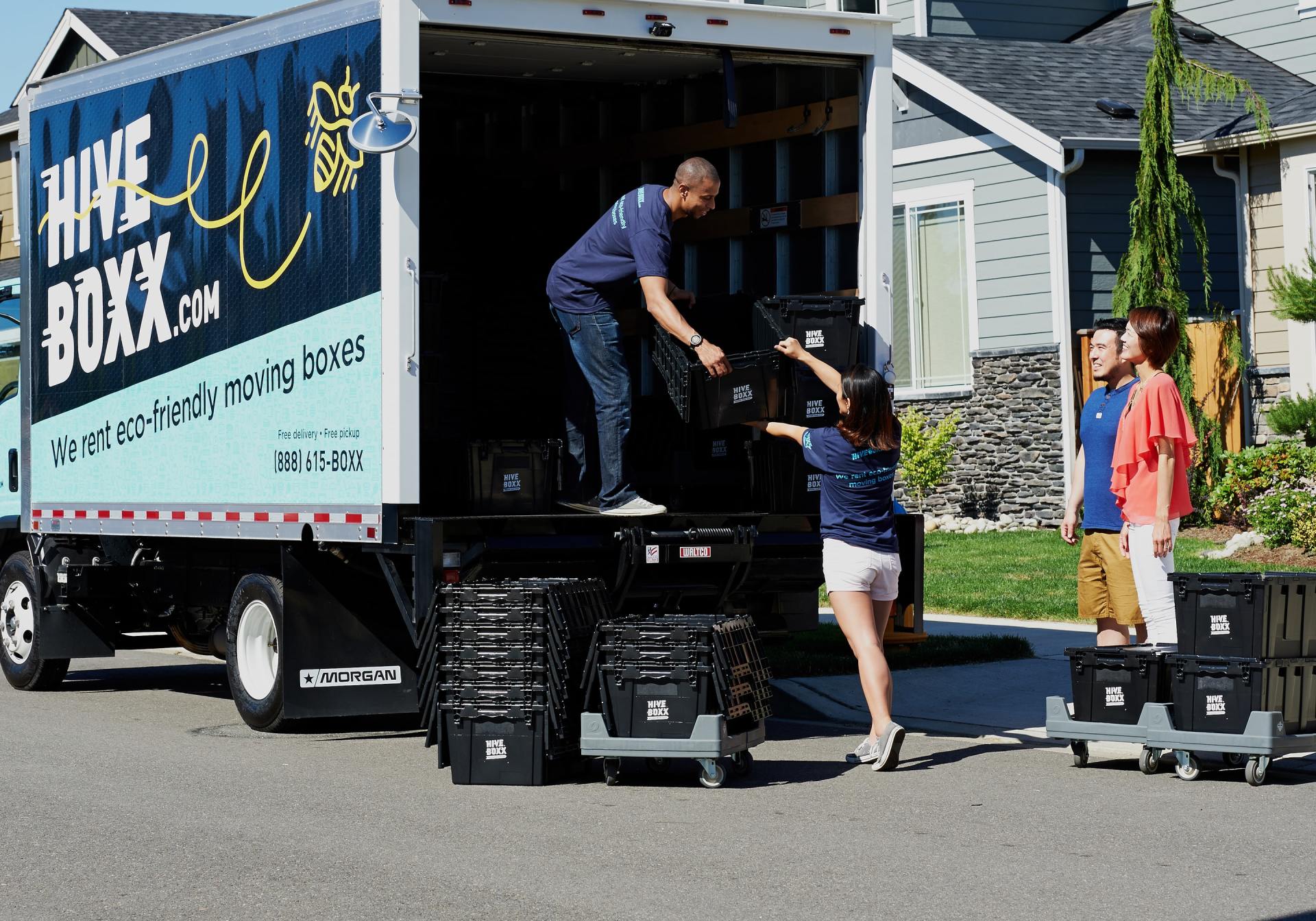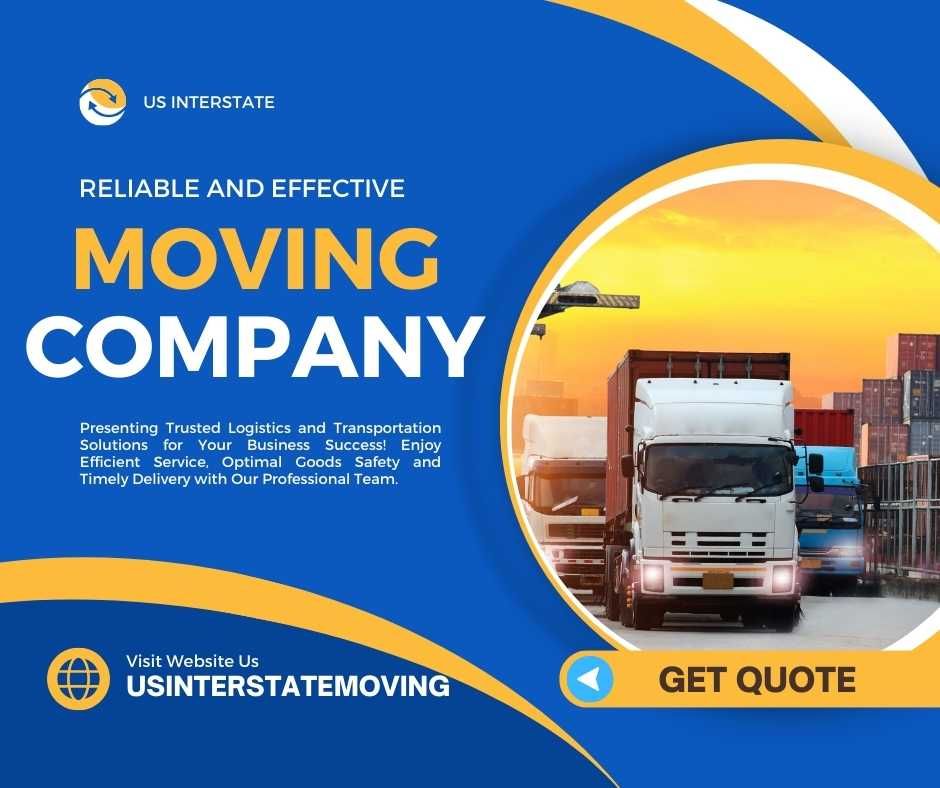How to Choose a Reliable Moving Company
How To Choose A Reliable Moving Company
Taking the right steps can save you money and hassle
Finding a reputable moving company requires doing some research, but the payoff can be worthwhile.
That’s what Scheyda Mohammadian, a model and public relations professional from Las Vegas learned the hard way. Last fall, after searching on the web for a company to move her belongings from Las Vegas to her new home in Texas, she decided to go with the one that offered her the lowest price—$1,700.
After wiring a 50 percent deposit to the company and paying $450 on moving day, she discovered that her possessions had been moved only to a storage unit a few miles from her Nevada home. Then she had to pay another $450 to the company to release her belongings.
Mohammadian decided to rent a truck and hire workers to get her things to Texas. But the cost came to more than $4,000.
Such experiences aren’t all that unusual. Some moving companies quote lowball prices and then, once the move is underway, hold their customers' property hostage until they pay much more. Others demand substantial deposits and then don't show up, says Katherine Hutt, a spokeswoman for the Better Business Bureau.

To make sure you hire a reliable mover, consider taking these steps.
To make sure you hire a reliable mover, consider taking these steps.
Hire long distance movers
- If you hire an interstate moving company your long distance move will go smoother than hiring a local moving company to move your possessions across the states, says a trade group that represents companies that handle local, interstate, and international moves. Consider visiting the company's office page and checking their USDOT number, they say.
Get estimates
- Get at least three written in-home estimates, Hutt advises. Be suspicious if an estimate is unusually low or if the moving company provides an estimate over the phone or online without sending a representative to scope out the job. It may be a sign of scam.
Verify credentials
- For moves between states, a mover must have a number issued by the Department of Transportation. It serves as a license that identifies commercial vehicles transporting passengers or hauling cargo in interstate commerce. If the mover you're considering is licensed, it must provide the DOT number on its website and in its advertising, says Kurt Larson, a spokesman for the Federal Motor Carrier Safety Administration, a division of the Department of Transportation that oversees truck and bus safety. The mover also must have a carrier number from the Federal Motor Carrier Safety Administration.
You can check the DOT and motor carrier numbers, one way to ensure that the company is legitimate.
For in-state moves, the requirements vary by jurisdiction. In some states, intrastate movers are unregulated, Michael says. Thirty-three states require in-state movers to have a federal DOT number. Check your state
for more information.
Also consider using a moving company that's certified by the American Moving & Storage Association's ProMover program. It subjects movers to a background check and requires them to adhere to the association's standards.
Read reviews and complaints. See what other customers are saying about the company by searching the web with the company name and such terms as "complaints" and "reviews." Find out whether the company has a report with the Better Business Bureau, which has reviews of more than 20,000 moving-related companies. Look at the letter grade the BBB has assigned the mover and read about any complaints, reviews, and government actions.
You can also review the company's complaint history by using the mover search tool
on the Department of Transportation’s website.
Be wary of large deposit requirements. A moving company shouldn't require a deposit of more than 20 percent of the estimated cost of the move, Michael says. Many won't require any payment until your belongings are delivered, he explains. Put any deposits or other payments on a credit card, so you can contest the charge if there's wrongdoing.
If a mover holds your possessions hostage in an effort to force you to pay more, try contacting the police, who may be willing to help, Michael says.
If you have a problem with a mover, file a complaint with the Better Business Bureau
and, for an interstate move, the Federal Motor Carrier Safety Administration.
If the mover is a member of the American Moving & Storage Association, file a complaint with that organization as well.
Also complain to your state or local consumer protection agency. In November, after a company was accused of overcharging customers and holding their possessions hostage, the Maryland attorney general ordered it to pay fines and costs of more than half a million dollars—including at least $117,000 in consumer restitution.

You're uprooting your life and moving cross-country. Daunting, isn't it? Worry not, we've got your back. This guide will help you understand the basics of a big move, identify essential packing supplies, pack efficiently, and handle your valuable possessions. Plus, we'll offer tips on unpacking and settling into your new home. Let's demystify this process and make the transition as smooth as possible. After all, it's not just about the destination but the journey, right?









